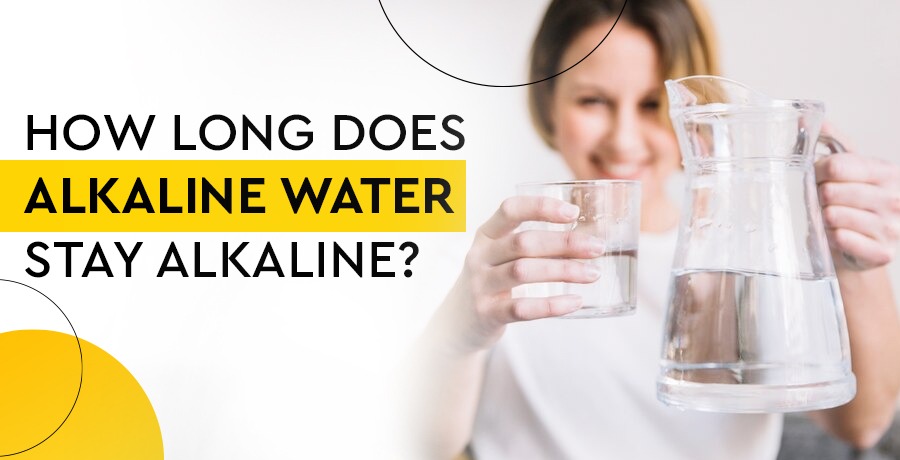Alkaline water has gained popularity in recent years due to its potential health benefits and claims of helping to balance the body's pH levels. However, questions often arise regarding the stability of its alkalinity over time.
In this article, we delve into the factors that influence the duration for which alkaline water maintains its alkalinity and its shelf life.
Understanding Alkaline Water
Alkaline water is water that has been treated to have a higher pH level than regular tap water. This increased pH is believed by some to help neutralise acid in the body, although scientific evidence supporting this claim is limited. Alkaline water can be produced through various methods, including ionisation, adding alkaline minerals, and using alkaline water filters.
Factors Influencing Alkaline Water's Stability
- Initial pH Level: The starting pH level of alkaline water plays a crucial role in determining its longevity. Higher initial pH levels tend to be more stable over time compared to those that are only slightly alkaline.
- Carbonation: Carbonated alkaline water, which contains dissolved carbon dioxide, may experience a decrease in alkalinity faster than non-carbonated alkaline water due to the nature of carbonic acid formation.
- Exposure to Air and Light: Alkaline water exposed to air and light can experience a decrease in pH over time due to carbon dioxide absorption from the atmosphere. Storing alkaline water in airtight and opaque containers can help mitigate this effect.
- Temperature: Higher temperatures can accelerate the breakdown of alkaline minerals and the loss of alkalinity in water. Cooler storage environments are generally more favourable for maintaining alkalinity.
- Mineral Content: The type and concentration of alkaline minerals added to the water can influence its stability. Minerals like calcium, magnesium, and potassium can contribute to the water's alkalinity. However, the form of these minerals and their interactions with other substances play a role in determining how long the water remains alkaline.
Shelf Life of Alkaline Water
The shelf life of alkaline water can vary depending on the aforementioned factors. Generally, properly stored non-carbonated alkaline water with a higher initial pH level can maintain its alkalinity for several months. However, carbonated alkaline water may experience a decrease in pH more rapidly due to the carbonation process.
TO MAXIMISE THE SHELF LIFE OF ALKALINE WATER, CONSIDER THE FOLLOWING TIPS:
- Store alkaline water in a cool, dark place to minimise the effects of temperature and light exposure.
- Choose containers that are airtight and made of materials that do not react with the water, such as glass or BPA-free plastic.
- Check the manufacturer's recommendations for storage and expiration dates, if provided.
Testing Alkaline Water's pH
If you're uncertain about the alkalinity of your water, you can use pH test strips or metres to measure its pH level over time. This can help you track any changes and determine when the water is no longer within the desired alkaline range.
Conclusion
The stability of alkaline water's alkalinity is influenced by factors such as initial pH level, carbonation, exposure to air and light, temperature, and mineral content. While non-carbonated alkaline water with a higher initial pH tends to be more stable, proper storage techniques can help prolong its shelf life.
Regular pH testing can assist in monitoring any changes in alkalinity over time. As with any food or beverage product, it's essential to follow storage recommendations and exercise discretion to ensure you're consuming the best quality alkaline water.


